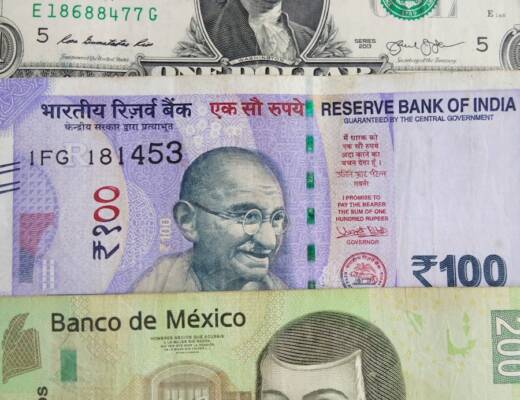Cash Advantage in a High-Rate Environment
The primary advantage for international investors lies in their ability to make all-cash offers. With mortgage rates having doubled from their pandemic lows, monthly payments have become prohibitively expensive for many American buyers. Foreign investors, often backed by significant capital reserves, can circumvent this obstacle entirely. Market analysts note that over 50% of international purchases are now made without mortgage financing, compared to roughly 25% for domestic buyers. This cash position gives foreign investors substantial negotiating power, often enabling them to secure properties at competitive prices, even in a cooling market. “When you can avoid the current 7% mortgage rates, you’re essentially getting a different deal than most American families can access,” explained a real estate economist tracking the phenomenon. “It creates an uneven playing field that favors those with immediate access to large amounts of capital.”Impact on Local Housing Markets
The influx of foreign investment is having varied effects across different U.S. housing markets. In major metropolitan areas and vacation destinations, the impact is particularly pronounced. Cities like Miami, New York, Los Angeles, and Seattle continue to attract a strong international buyer presence, despite the overall market slowdown. This foreign investment is helping to stabilize prices in some markets that would otherwise see more significant declines due to reduced domestic demand. However, it also raises concerns about housing affordability for local residents, especially in areas where inventory remains limited. The trend has caught the attention of policymakers, with some local governments considering measures to ensure housing remains accessible to residents. These include:- Special taxes on non-resident property owners
- Restrictions on foreign investment in specific residential categories
- Incentives for developers to build more affordable housing







